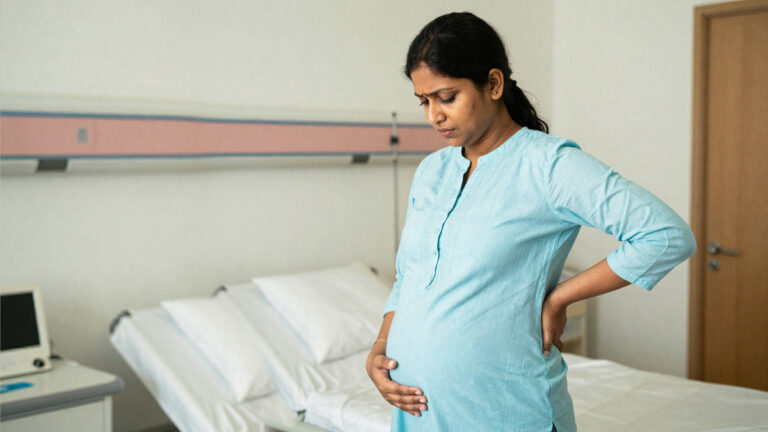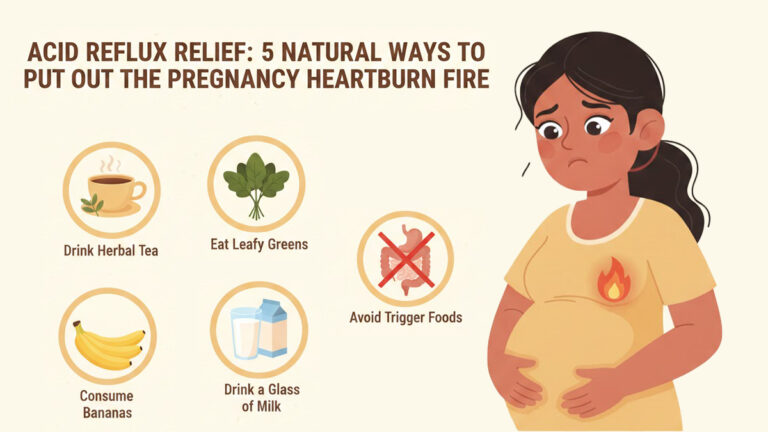Mumps is a viral infection that primarily affects the salivary glands, causing painful swelling. While the disease is commonly known for this symptom, it can lead to more serious complications, including orchitis, or inflammation of the testes. Mumps orchitis is a significant health concern, particularly for male fertility, as it can cause long-term reproductive issues. Understanding the relationship between mumps orchitis and male fertility is vital for those who may be at risk or are experiencing fertility challenges.
What is Mumps Orchitis?
Mumps orchitis occurs when the mumps virus spreads to the testes, causing inflammation and swelling. This condition typically develops 4 to 7 days after the initial symptoms of mumps, which include fever, headache, and swollen salivary glands. Orchitis can affect one or both testicles, with one testicle being more commonly impacted. Although mumps orchitis is most common in post-pubertal males, it can occur in men of any age, and the severity can range from mild to severe.
The inflammation caused by the virus can damage the testicular tissue, disrupting normal sperm production. While many men recover fully from mumps orchitis with no lasting effects, others may experience long-term fertility issues depending on the severity of the inflammation and the extent of damage to the testes.
How Mumps Orchitis Affects Male Fertility
The testes are responsible for producing sperm and testosterone. When mumps orchitis occurs, the viral infection leads to inflammation in the testes, which can disrupt sperm production and affect the quality of sperm. The severity of the impact on fertility depends on the extent of testicular damage caused by the inflammation.
Reduced Sperm Count: Inflammation from mumps orchitis can reduce the production of sperm, leading to a lower sperm count. A lower sperm count can make it more difficult for a man to father a child, as there are fewer sperm available for fertilization.
Decreased Sperm Quality: In addition to reduced sperm count, mumps orchitis can also impair sperm quality. The motility (ability to swim) and morphology (shape) of sperm can be affected, which reduces their chances of successfully fertilizing an egg.
Testicular Atrophy: In severe cases of mumps orchitis, the testicles may shrink (testicular atrophy) due to prolonged inflammation. Testicular atrophy can result in permanent damage, significantly reducing a man’s fertility potential.
Long-Term Infertility: While most men with mumps orchitis experience a temporary decline in sperm production, severe cases can result in permanent infertility, particularly if both testicles are affected. However, many men recover fertility over time, though it may take several months or even years.
Prevention and Vaccination
The most effective way to prevent mumps orchitis is vaccination. The MMR (measles, mumps, rubella) vaccine is highly effective in preventing mumps and its complications, including orchitis. The MMR vaccine is recommended for children and adults who have not previously been vaccinated or have not had the disease. Vaccination has dramatically reduced the incidence of mumps and its associated complications, including orchitis.
Treatment and Fertility Options
There is no specific antiviral treatment for mumps orchitis. The condition is generally managed with pain relief and supportive care, such as anti-inflammatory medications and bed rest. In cases of severe orchitis, where fertility may be compromised, men may explore options such as sperm banking before mumps orchitis occurs, especially if they are at higher risk due to a mumps outbreak.
At Esha IVF, we offer expert care and support for men experiencing fertility challenges, including those resulting from mumps orchitis. Our team can help guide you through the process of fertility evaluation and provide treatment options to help achieve your family-building goals.
Conclusion
Mumps orchitis can significantly impact male fertility, particularly if the testes are severely affected. While the condition can be managed, the best approach is prevention through vaccination. Early detection and timely intervention can help preserve fertility in men affected by mumps orchitis. If you are experiencing fertility issues related to mumps orchitis, or have concerns about your reproductive health, don’t hesitate to consult with a fertility expert at Esha IVF for personalized care and support.








